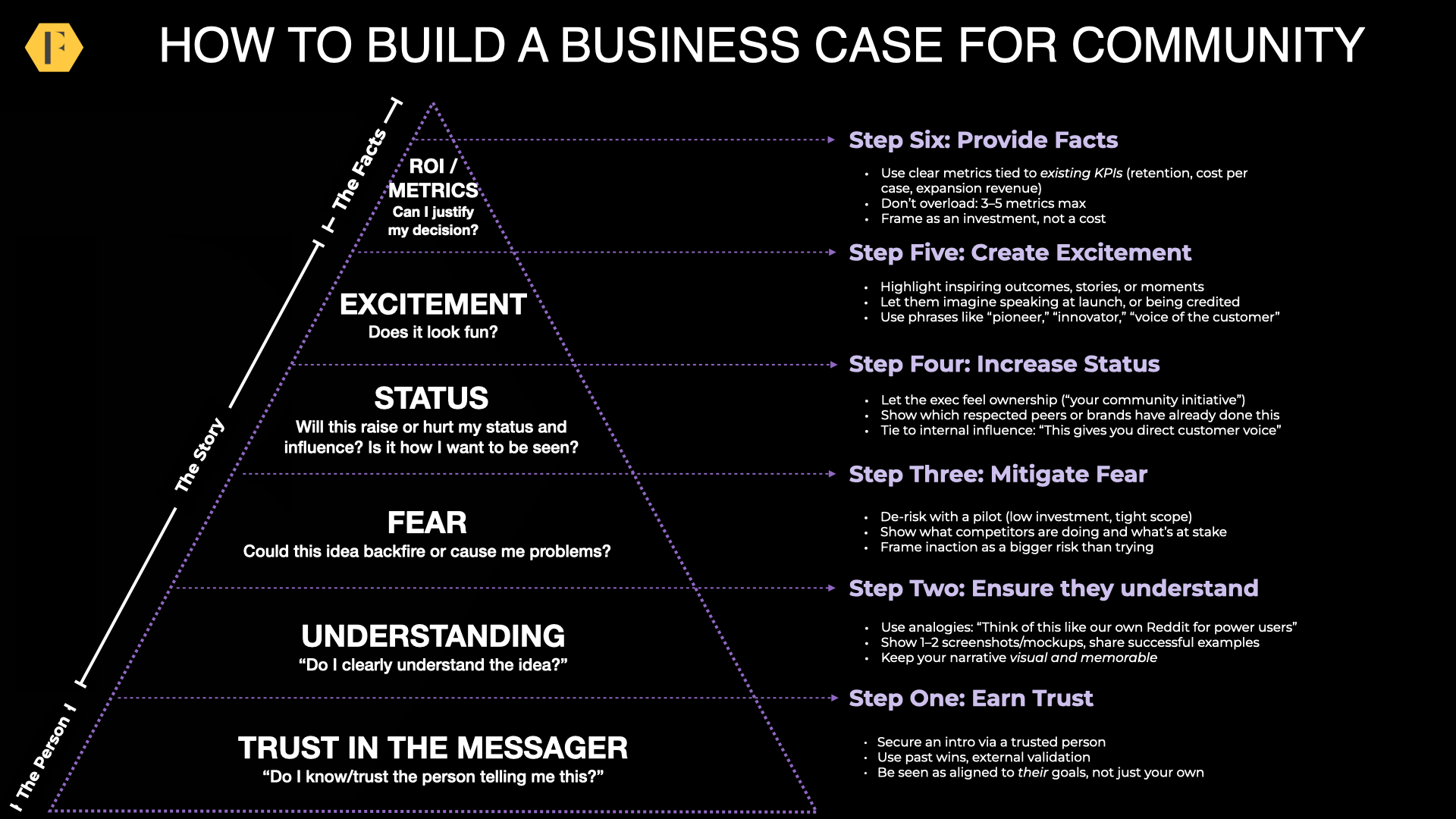We spent a lot of time talking about the inputs. We spend a lot of time talking about the clicks, traffic, comments, likes, drama, and

We spent a lot of time talking about the inputs. We spend a lot of time talking about the clicks, traffic, comments, likes, drama, and
This is a collection of my favourite and most popular posts from the last six years. It should give you a great overview about both
We’ve covered this before, but many people are new here. Skipping the internal aspects, this is our process. We’ve simplified it as much as possible.
Look at these two platforms; HR.com and the HR Business Network. Both cater to the same audience, yet one is designed as a content site
Perhaps this exists, but I haven’t seen it. I want a platform that will send a daily e-mail to the community manager. This e-mail will
Members need to feel they can influence the community. If you don’t feel you can influence the group, your participation in the group declines. This
Is the idea of building genuine communities for organizations too utopian? Why bother with the sense of community, building real relationships between members, and trying
We're inviting you to our Community Management Masterclass on March 9th. Judging by the registered attendees so far, it's going to be a group of
Kirsten asked a good question last week. Why not just hire a community manager until the community can run itself? Isn’t this the ultimate goal?